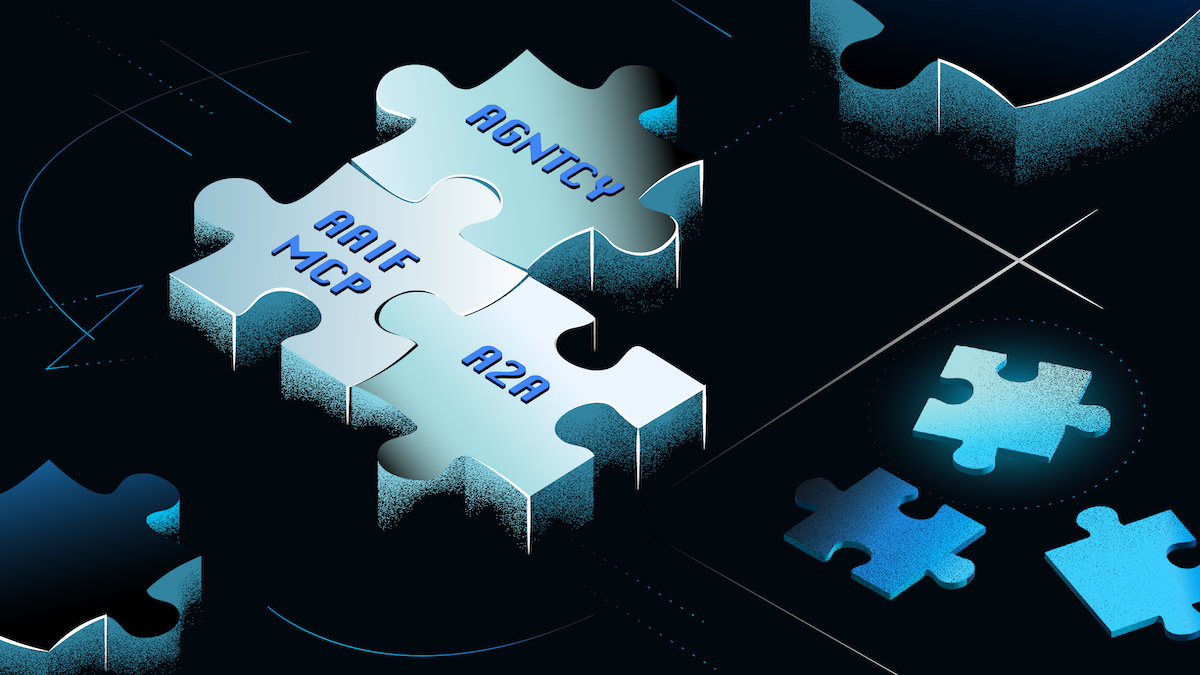You might have seen the viral “fish tube”—or the Salmon Cannon that helps move salmon populations into the Upper Columbia River in Eastern Washington. Native fish are shuttled through a long, thin tube, which helps them pass over dams in a matter of seconds rather than a day. Technology like this is helping to reinvent farming for the next generation.
Beyond just the fish tube, artificial intelligence is now giving scientists a clearer picture on how to ensure salmon populations remain stable. Under Current News writes that Singapore-based company Umitron is using machine learning algorithms and video data to determine the appetite of fish in real-time. Called the Fish Appetite Index (FAI), this algorithm allows farmers to make decisions based on this data, which ultimately improves feed consumption.
Something similar is happening to—believe it or not—bananas as well. Researchers from Bioversity International in Africa, the Imayam Institute of Agriculture and Tech in India, and Texas A&M in the US have developed an AI detection model to identify diseases and pests in bananas. This model can scan plants for signs of diseases and pests, which allows farmers to share these findings on a wider scale and prevent further outbreaks.
Connected agriculture spans the gamut of fish, bananas, and even cows. Smart collars and ear tags are being connected with 5G so that biometric data can be transferred to workers who can monitor the cows from afar. Cisco is currently testing the eventual rollout of 5G in different areas, and connected cows in southwest England is one of the first. The Agricultural Engineering Precision Innovation Center in Shepton Mallet is one of three sites participating in a Cisco-run 5G test. This test includes fitting one-third of the center’s 180-cow herd with 5G collars and ear tags. This helps farmers accomplish a couple of things; keeping a close eye on the moving herd without physically having to be there, and helping automate a milking process. The 5G smart collars communicate with a robotic milking system that passes cows through a gate with an ID check and then hooks the cows up to a robot for milking.
Cisco Senior Business Development Manager Matt O’Brien outlines a few more use cases where 5G can transform farming.
“There are even use cases talking about drones and video analytics via AI to identify crop damage, invasive species (weeds), and a whole host of other things that you may never see otherwise,” writes O’Brien, “This enables farmers and ranchers to pinpoint irrigation or herbicide application to remediate issues in a timely and extremely cost-effective manner. In the end, it’s the real-time connectivity that enables these decisions.”
Cisco continues to develop innovations in connected farming, investing in Prospera Technologies in 2017. The digital farming leader enables agro-businesses to turn farms digital. These digital farms gain tighter control, higher productivity, and more predictable outputs. Learn more about this investment by clicking here.
###
We welcome the re-use, republication, and distribution of "The Network" content. Please credit us with the following information: Used with the permission of http://thenetwork.cisco.com/.




